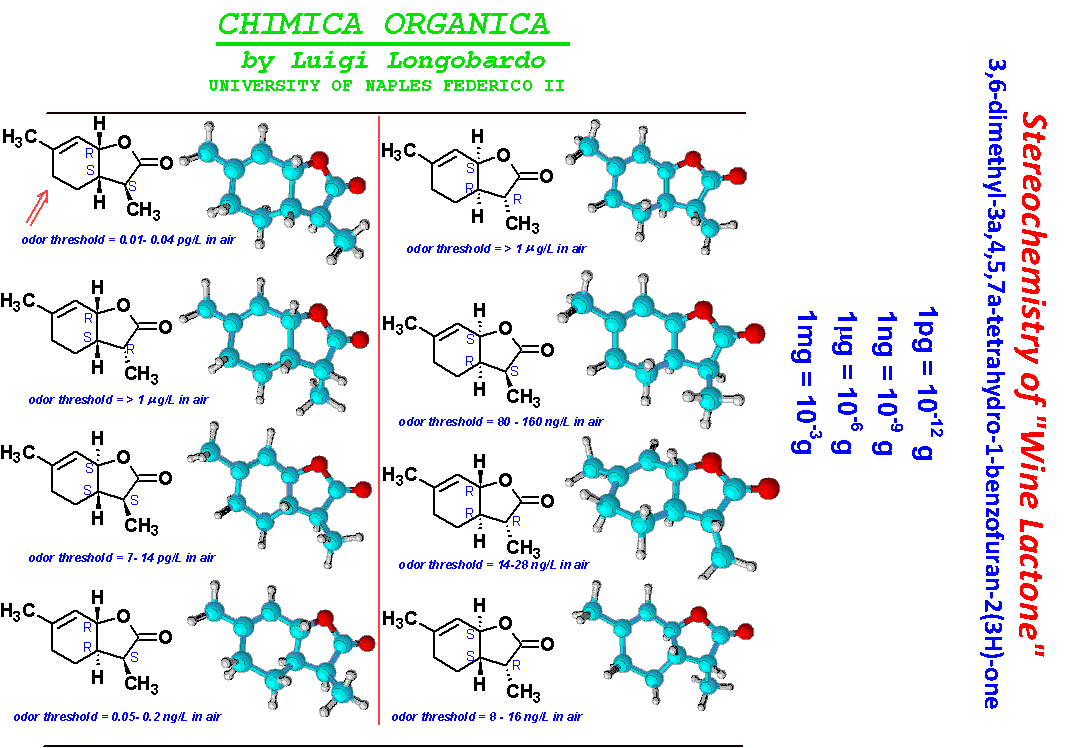|
doi.org/10.1002/slct.202000176 |
|
z Sustainable Chemistry Protection and Activation of Hydroxycinnamic Acids in Water Marina DellaGreca and Luigi Longobardo*[a] Hydroxycinnamic acids such as p-coumaric, ferulic, sinapic and caffeic acids were protected as carbonates and activated as mixed carbonic anhydrides in water at RT by adding a base and isobutyl chloroformate. These anhydrides were used for amine and C-protected α-amino acid acylation to give O-carbonate protected phenolic amides. Acylation of free α-amino acids was performed in acetone-water in high yields producing the O- carbonate protected N-hydroxycinnamoyl-α-amino acids. Pure derivatives were obtained in many cases directly by crystallization. Free phenolic compounds were rapidly obtained by carbonate deprotection with piperidine. The method offers a novel route for amide bond formation in water and the direct functionalization of hydroxycinnamic acid families with free α- amino acids, providing a facile preparation of precious natural bioactive derivatives. Department of Chemical Science University of Napoli Federico II Via Cinthia 4 - 80126 Napoli - Italy E-mail: luilongo@unina.it Supporting information for this article is available on the WWW under https://doi.org/10.1002/slct.202000176 ChemistrySelect 2020, 5, 4588 – 4591 |
6 mag 2020
Hydroxycinnamic amides and N-Hydroxycinnamoyl-amino acids
5 mag 2020
Hydroxycinnamyl Alcohols
A Facile Preparation of Hydroxycinnamyl Alcohols with Simultaneous Protection of Phenol Groups as Carbonate
Lucia Panzella, Marina DellaGreca, and Luigi Longobardo*[a]
A novel procedure for reduction and simultaneous protection of phenol groups of hydroxycinnamic acids to the related alcohols has been developed. During the formation of mixed anhydrides from the acids and an alkyl chloroformate, the phenol was protected as carbonate, and the mixed anhydrides were reduced with an aqueous solution of sodium borohydride. Free phenols were obtained by deprotection under mild conditions with 30% aq. NH4OH in methanol. O-protected phenolic alcohols can be converted by standard methods into orthogonally protected derivatives. This rapid and efficient synthetic method offers a simple and high-yield preparation of these important fine chemicals, overcoming the tedious and costly procedures associate with the use of strong reducing agents such as LiAlH4 and DIBALH.
ChemistrySelect 2018, 3, 10637 –10640
© 2018 Wiley-VCH Verlag GmbH & Co. KGaA, Weinheim
Iscriviti a:
Post (Atom)
